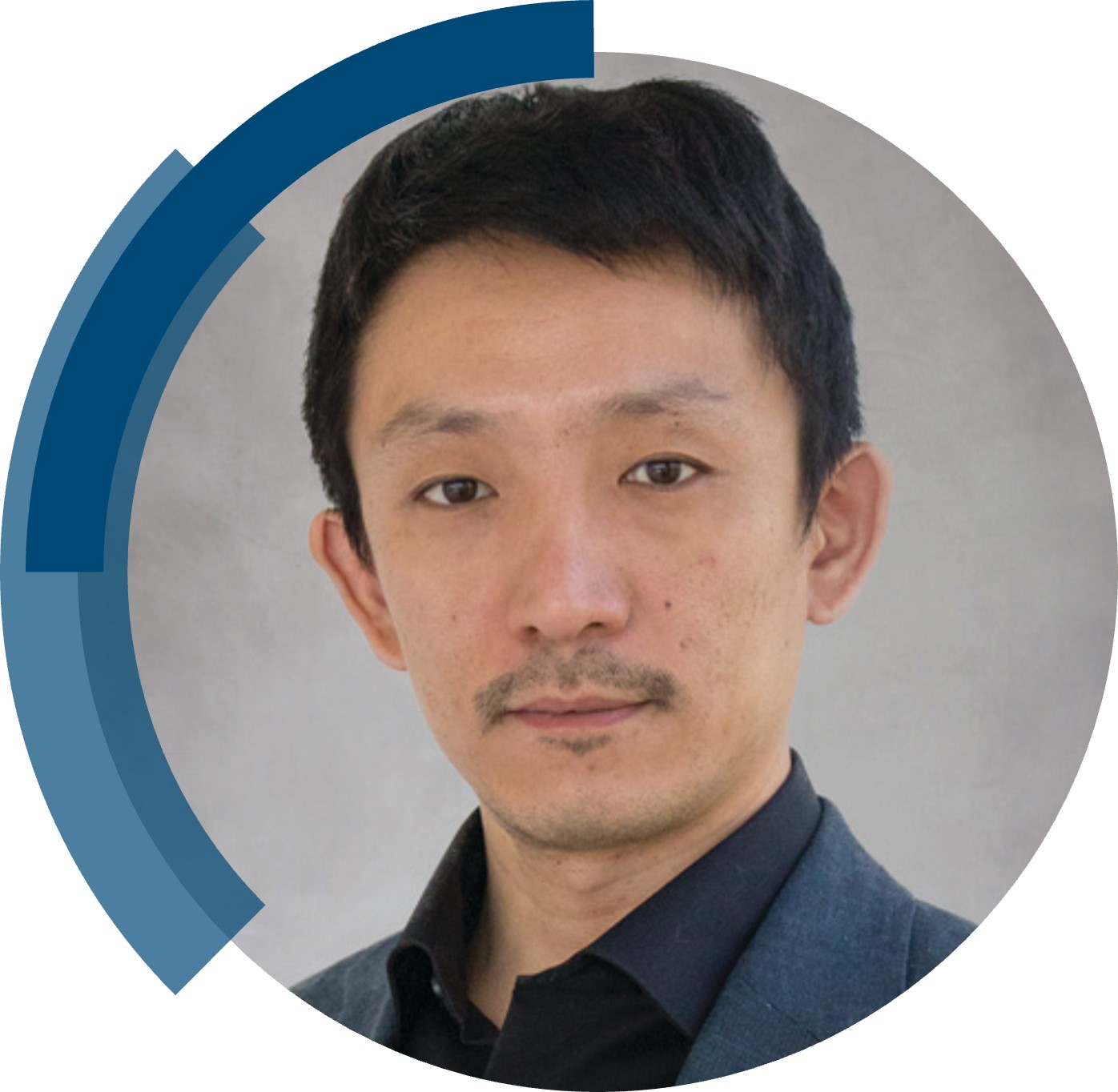ChemComm is publishing its 60th volume in 2024. Over the past 60 years, ChemComm has been the RSC’s most cited journal, and one of the most trusted venues for rapid publication of short communications. In our anniversary year, we recognise the important contributions ChemComm has made, and continues to make, in advancing the chemical sciences.
As part of our anniversary celebrations, we’ve brought together a collection featuring the latest research from some of our most loyal and dedicated authors. From those marking the beginning of their independent academic career by publishing their first article with us, to the rising stars and established leaders publishing in our yearly ‘Emerging Investigators’ and ‘Pioneering Investigators’ collections, this collection champions the contributions of our worldwide author community. We are proud many authors choose to support our journal by regularly publishing their best work with us. This collection also features papers from our ChemComm Emerging Investigator Lectureship winners, and our Outstanding Reviewer awardees, whose invaluable feedback has shaped our published content through the years.
To accompany the collection, we’ll be publishing interviews with contributing authors where they provide further insight into their research and reflect on their journey with ChemComm.
Check out our interview with Yang Yang (University of Central Florida) below!
 |
Prof. Yang Yang studied energy conversion & storage and obtained his Ph.D. from Tsinghua University in 2010. From 2010 to 2012 he was supported by the Alexander von Humboldt Postdoctoral Fellowship and worked on solar energy harvesting and energy storage materials at the University of Erlangen-Nuremberg, Germany. From 2012 to 2015 he was supported by the Peter M. & Ruth L. Nicholas Postdoctoral Fellowship and worked on battery and catalysis at the Richard E. Smalley Institute for Nanoscale Sci. & Tech., Rice University. Since 2015 he has been a principal investigator at the University of Central Florida. His research focuses on materials chemistry and electrochemistry at the nanoscale solid-gas-liquid interfaces for clean energy generation and storage, electrification, and decarbonization applications. He has been dedicated to resolving the challenges in many emerging areas, including but not limited to energy, sustainability, environmental issues, agriculture, artificial intelligence, and so forth. His research effort has made a significant impact on the environmentally benign nanomanufacturing of functional materials for green catalysis, clean energy conversion, and renewable energy storage. He has made many seminal breakthroughs in understanding the materials chemistry and interface engineering of new materials. His significant contributions to the communities have been demonstrated by publishing more than 140 peer-reviewed research articles, including Nature Energy, Nature Communications, Nature Reviews Chemistry, Chemical Reviews, etc. |
How have you seen ChemComm evolve over the years, and what aspects do you find most noteworthy?
My first ChemComm paper was published almost 13 years ago in 2011 when I was a postdoc and till now I have published 7 articles in ChemComm. I do see a steady growth of this journal.
What is your favourite thing about ChemComm?
I changed my research directions slightly over the years but I can always submit my manuscripts to ChemComm. Because the journal covers almost all areas of chemistry-related energy and sustainability.
In what ways do you think ChemComm stands out among other journals in your field?
The editorial handling time and peer-review process are pretty quick to publish very important articles that may change the fields
How would you describe the peer review process and interaction with the editorial team at ChemComm?
The reviewers always gave us very professional and in-depth suggestions to improve the manuscripts. The whole reviewing process is fantastic.
Are there ways in which the journal can further support and engage with future generations of scientists?
Organize or sponsor conferences, hold workshops or seminars, and have campus visits to universities.
Could you provide a brief summary of your recent ChemComm publication?
My most recent review article published in ChemComm gave a comprehensive overview of the research progress in the electrosynthesis of H2O2 via a two-electron oxygen reduction reaction.
In your opinion, what are the next steps or potential areas of research that could build upon the findings in this paper?
H2O2 is a very important industrial chemical. My next step will be to consider developing a method that combines H2O2 production with energy storage and conversion.
Be sure to read Yang’s Highlight article, “Recent advances in electrosynthesis of H2O2via two-electron oxygen reduction reaction” to learn more!











